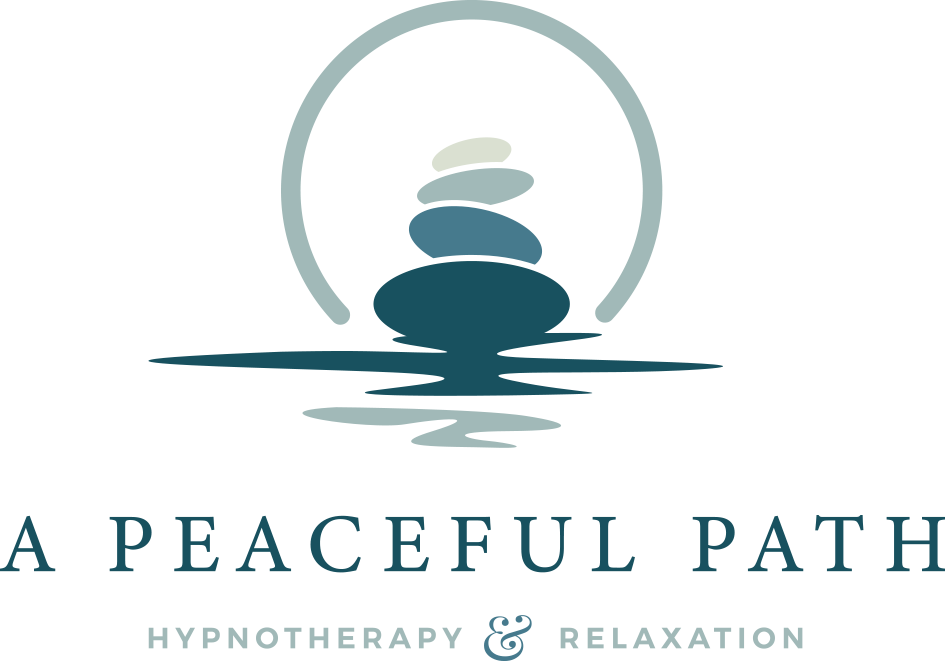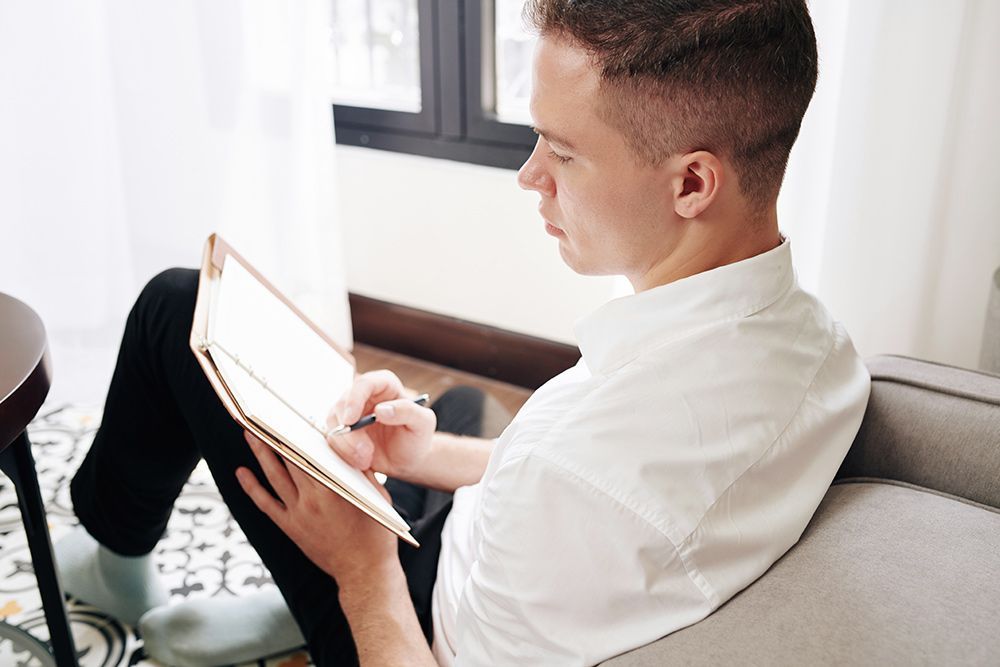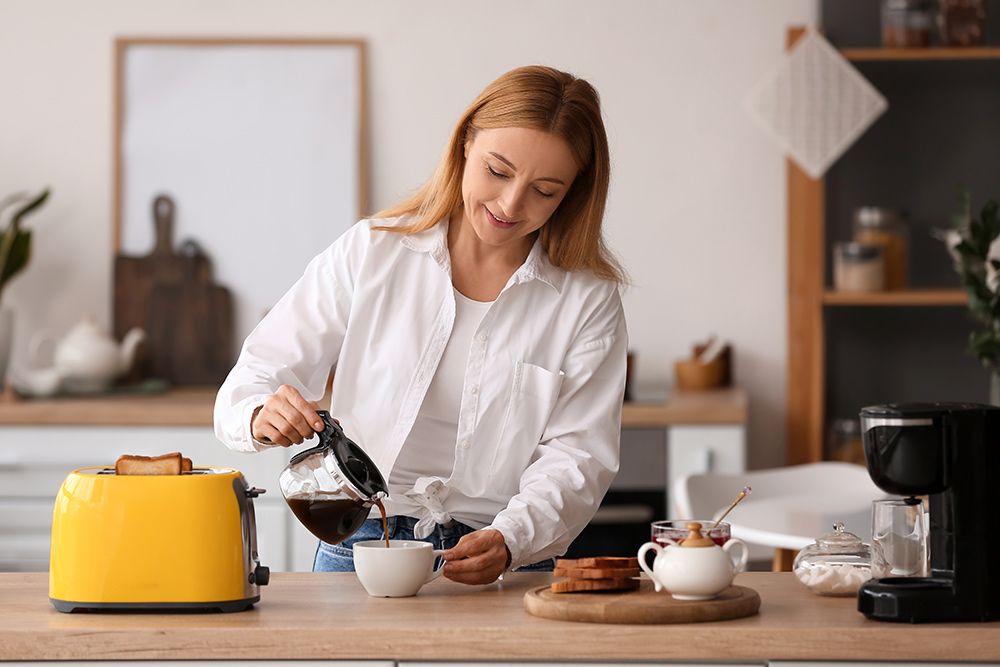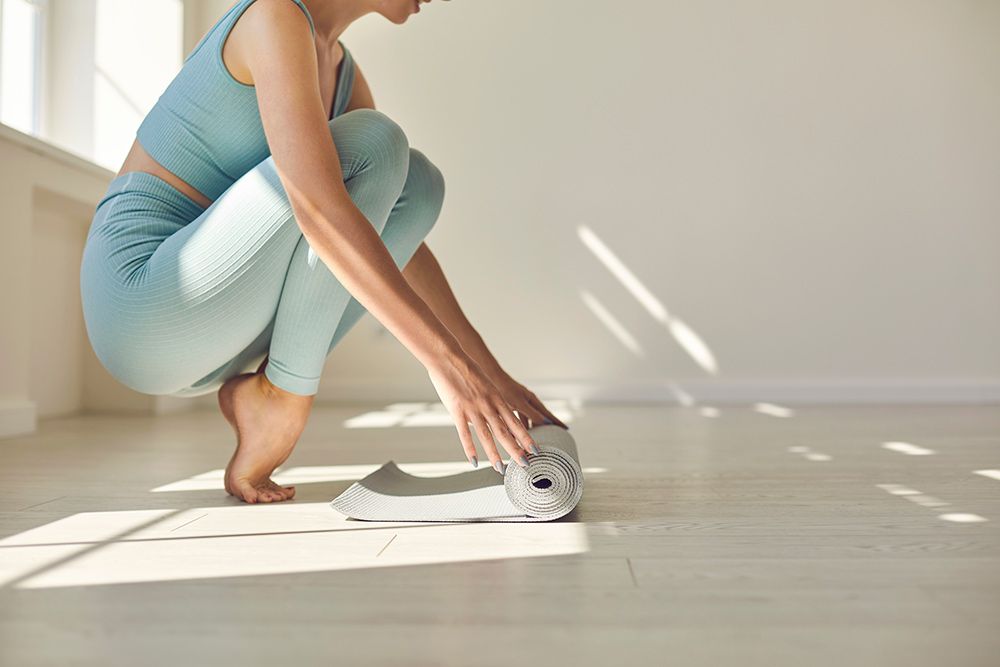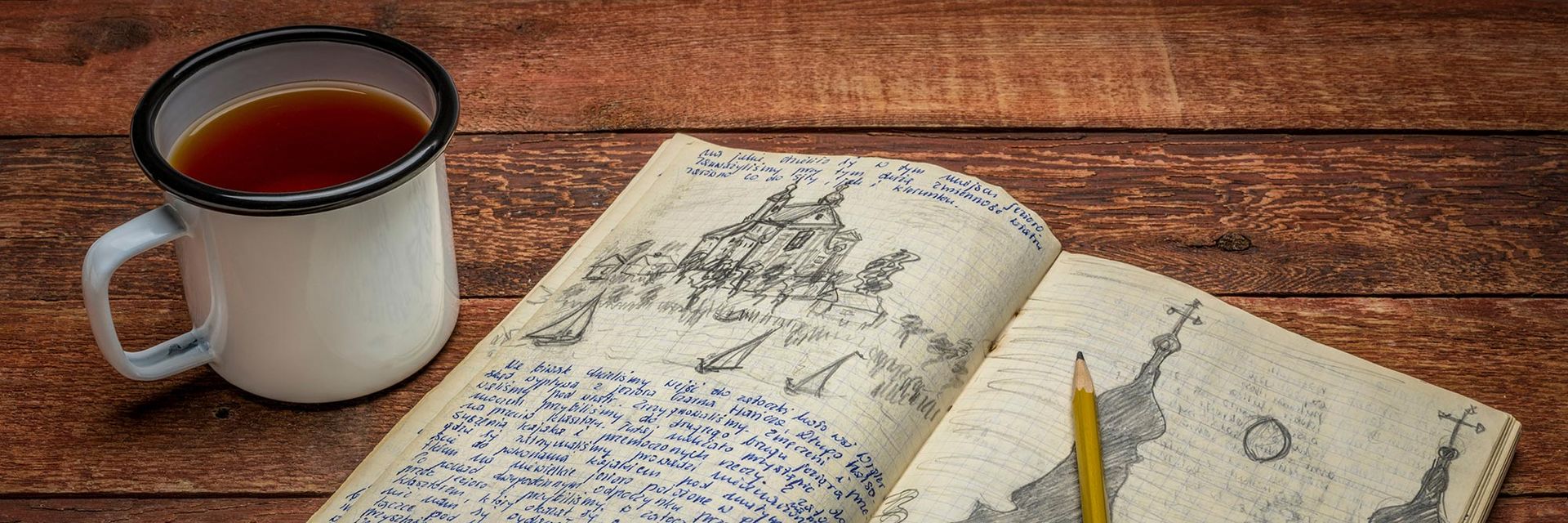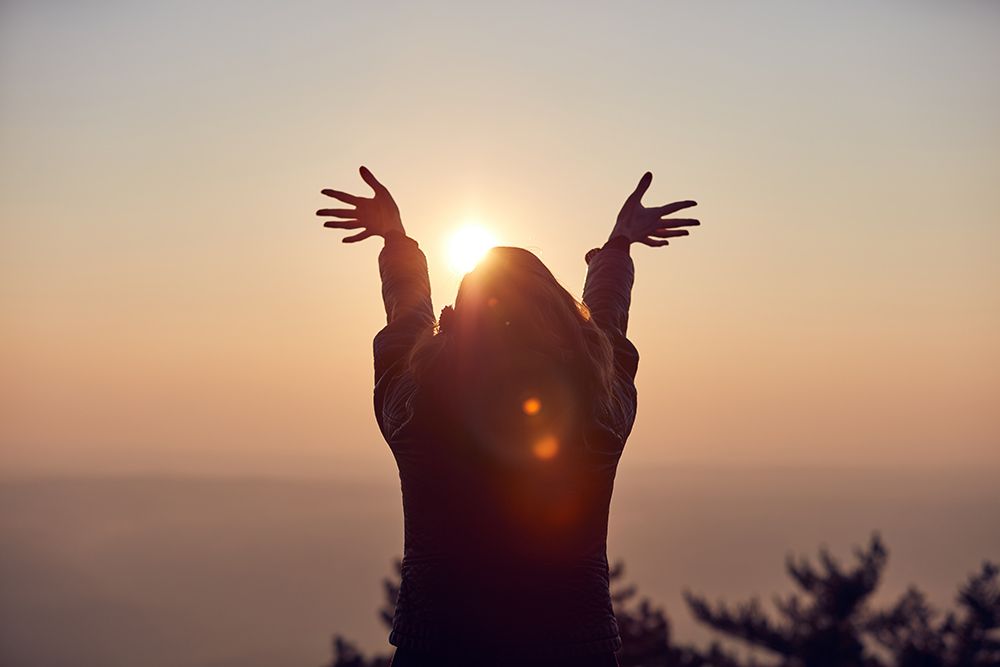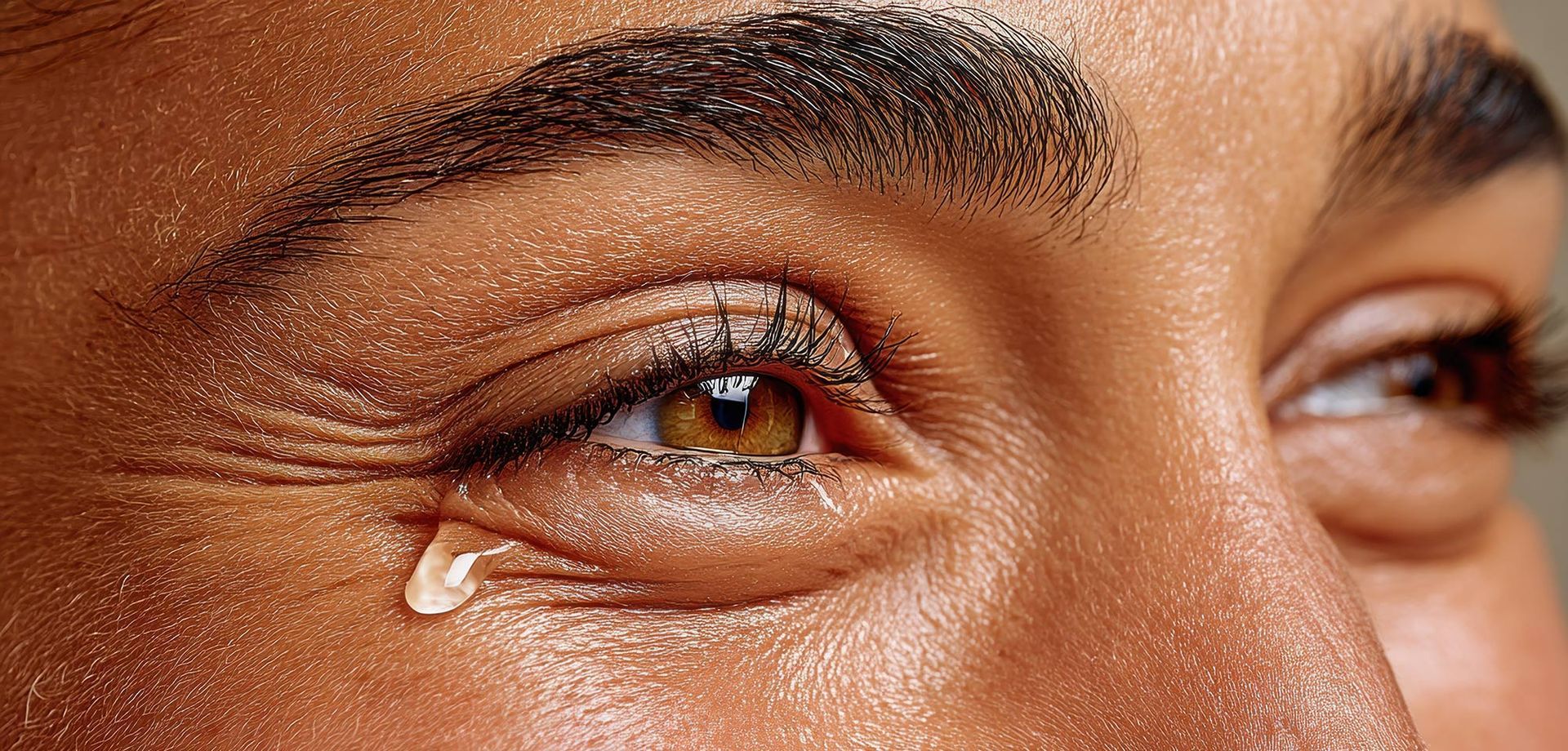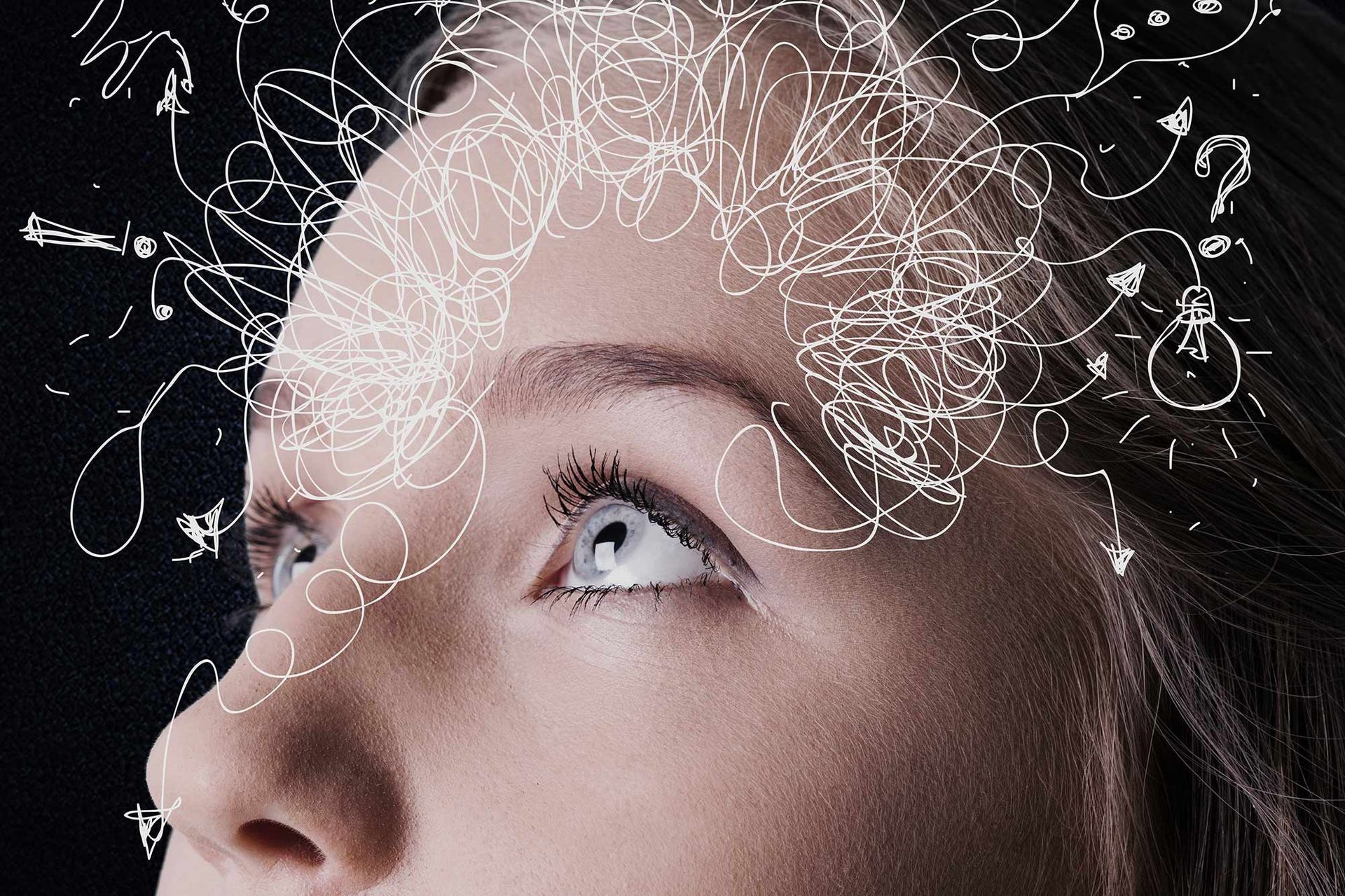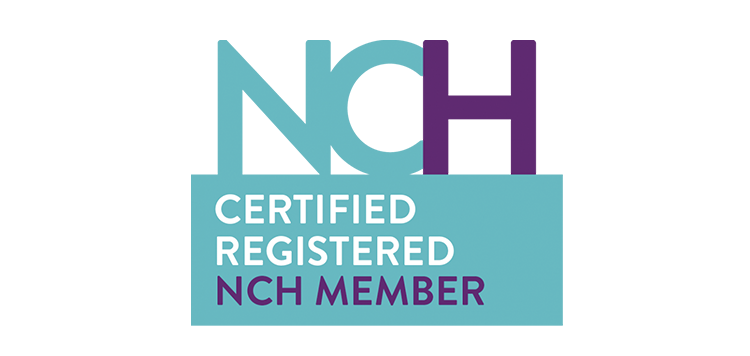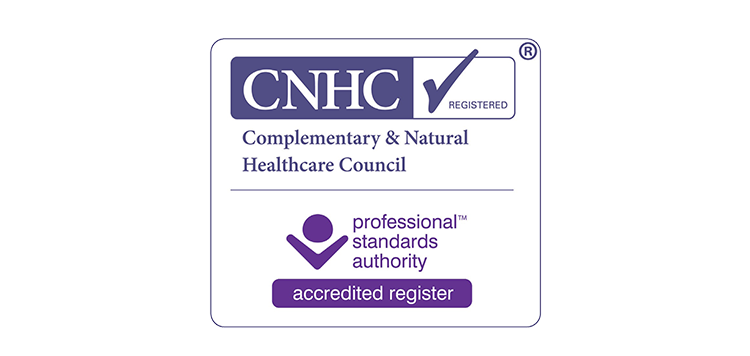Habits vs. Rituals: Why a Small Shift Can Change Your Brain
What if your morning cup of tea, your evening walk, or even brushing your hair could change your brain?
We all have habits — familiar behaviours we do automatically. We brush our teeth, make coffee, walk the dog, scroll our phones.
Habits are efficient. They save brainpower because they run on autopilot, formed through repetition.
But what if, with just a small shift in mindset, we could turn some of these everyday habits into meaningful rituals?
Understanding the difference between
habits
and
rituals
can help us bring more presence, calm, and emotional wellbeing into our daily lives — and even positively change the way our brain works.
What is the Difference Between a Habit and a Ritual?
Habits are automatic behaviours we perform without much thought. They are efficient, often triggered by cues in our environment, and repeated regularly.
Think: grabbing your phone first thing in the morning or switching on the kettle while barely awake.
Rituals, on the other hand, are intentional. They are habits infused with presence, meaning, or emotion. A ritual might look exactly like a habit on the outside, but it is why and how we do it that makes the difference.
Think: brewing your morning coffee slowly, breathing in the aroma, and using that moment to mentally set an intention for the day.
What Happens in the Brain?
Turning a habit into a ritual doesn’t just feel good — it literally changes your brain chemistry. Rituals can help increase:
- Dopamine – the motivation and reward chemical, triggered by anticipation (like a morning routine you look forward to).
- Serotonin – supports mood and calm, boosted through nature, movement, or reflection.
- Oxytocin – the bonding chemical, released during shared moments like family meals or connecting over tea.
- Endorphins – natural stress relievers, elevated through movement, laughter, or play.
And they help reduce:
- Cortisol – the stress hormone, lowering tension and creating a sense of calm when you feel safe in routine.
Why Rituals Matter
While we don’t need to ritualise everything (no need to overthink brushing your teeth!), choosing a few meaningful habits to transform into rituals can offer big mental health benefits.
Benefits of Rituals:
- Promote mindfulness and reduce autopilot living
- Support emotional regulation and resilience
- Encourage positive brain chemistry
- Strengthen a sense of purpose, identity, and control
- Help anchor the day during times of change or stress
And because rituals can be deeply personal, they can be tailored to your life stage, whether you are a busy parent, a teen navigating exams, or simply someone seeking more calm.
Try This: How to Turn a Habit into a Ritual
- Pick one daily habit you already do — making tea, walking, journaling, feeding your pet.
- Slow it down. Be fully present.
- Add meaning. Ask: Why am I doing this? How do I want to feel during or after it?
- Repeat. Rituals become more powerful through gentle repetition — not pressure.
The Takeaway: Rituals Are Small but Powerful
Habits are useful. They keep life running.
But rituals give life richness. When we turn even one daily habit into a mindful ritual, we support our brain, calm our nervous system, and create pockets of peace and purpose in an often chaotic world.
Because the little things — when done with intention — become the big things.
What everyday habit will you try turning into a ritual this week?
Share your thoughts or tag us on Instagram @apeacefulpath
Blog

